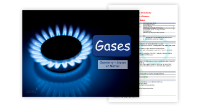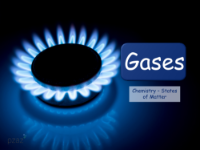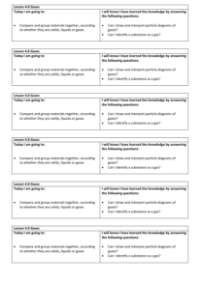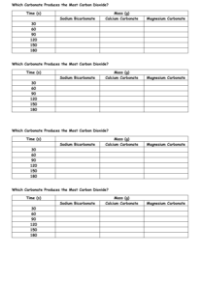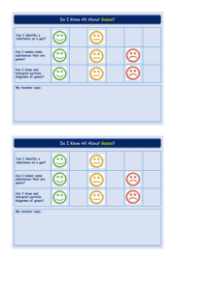Gases - Lesson Plan
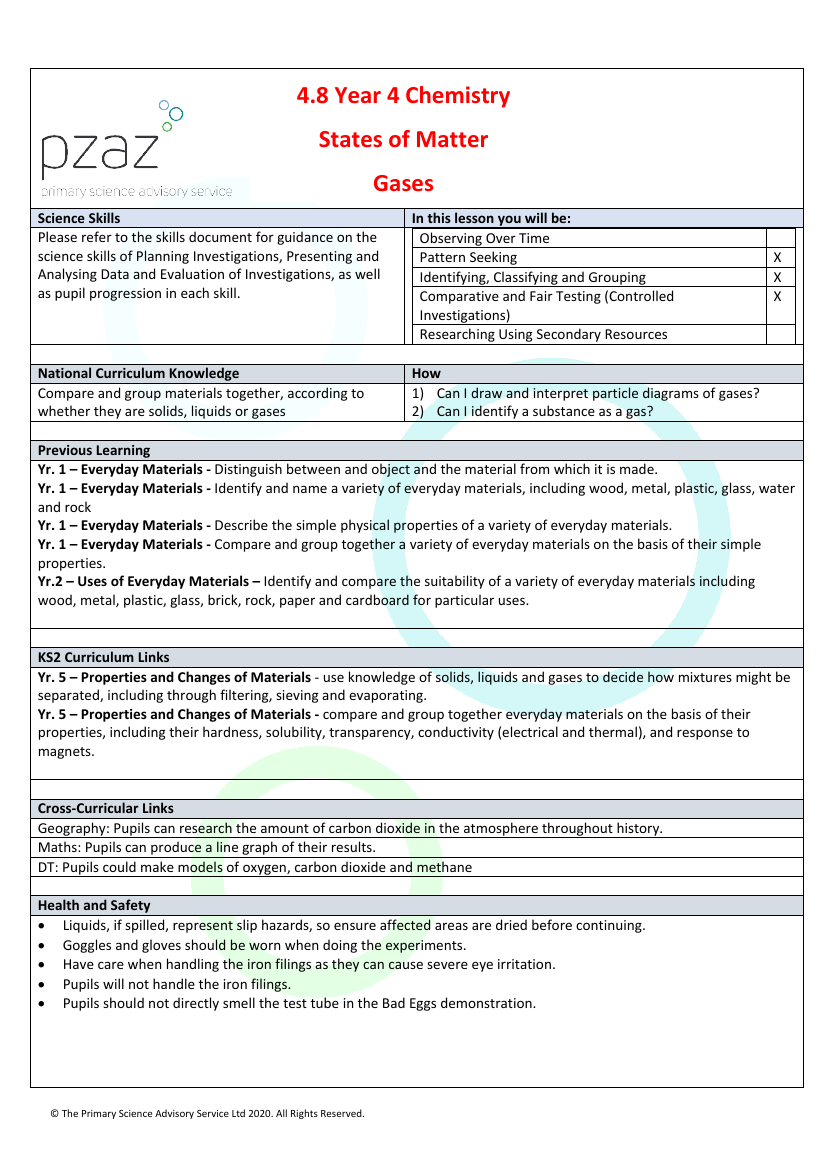
Science Resource Description
This lesson plan, created by The Primary Science Advisory Service Ltd, aims to enhance students' understanding of gases within the context of the National Curriculum for science. It is designed for Year 4 students who will engage in a series of scientific skills such as observing over time, pattern seeking, identifying, classifying and grouping, as well as comparative and fair testing. The lesson builds on prior knowledge from Year 1 where students learned about everyday materials and their properties, and from Year 5 where they explored the properties and changes of materials, including states of matter. Students will compare and group materials based on whether they are solids, liquids, or gases, and address common misconceptions such as the colourlessness and mass of gases. They will also learn about influential scientists in the field and the importance of gases like hydrogen and water vapour in our atmosphere.
The lesson plan includes a variety of hands-on activities that are designed to demonstrate the properties and effects of gases. In one activity, students will explore whether air has mass by weighing balloons before and after inflation. Another experiment involves producing carbon dioxide through the reaction of bicarbonate of soda and vinegar, observing how the gas extinguishes a flame. Students will also investigate the reaction between iron filings and hydrochloric acid, learning about the production of hydrogen sulphide gas. An additional comparative activity asks students to determine which carbonate produces the most carbon dioxide when reacting with acid. Each activity is accompanied by a set of questions to encourage critical thinking and understanding of the scientific principles at play. The lesson concludes with a plenary session where students draw particle diagrams of gases and name different types of gases, reflecting on their learning and assessing their progress.

